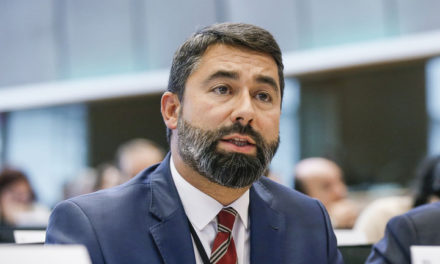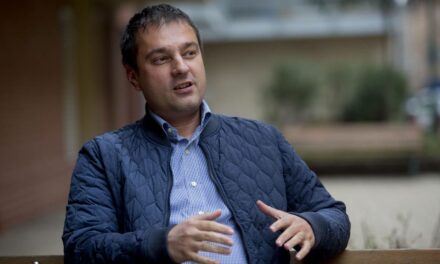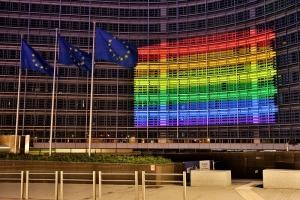The sanctions are causing damage to Europe, they did not force Russia to its knees and did not bring it closer to peace, so this policy is a complete failure, Péter Szijjártó said in Kossuth Rádió's Sunday Newspaper program.
As a result of the European Union's (EU) sanctions imposed so far due to the war in Ukraine, European inflation is skyrocketing, utility costs, natural gas prices and food prices have risen, and the continent's economy has gone into recession, said the Minister of Foreign Affairs and Trade. He recalled that this was not what was promised in Brussels during the negotiation of the first sanctions measures, at that time the Brussels forecast was that these sanctions would bring Russia to its knees, and that they would bring us closer to peace. "It was a complete failure, since
it is now clear that these sanctions have hurt Europe much more than Russia and are causing enormous damage to the EU's economy," he said.
He indicated that gas prices rose after the adoption of the sanctions, when some European politicians and officials started talking about the fact that the sanctions should be extended to natural gas as well. The market immediately priced this in and the price of natural gas skyrocketed, the minister added. In the interview, Péter Szijjártó called the agreement of the leaders of the EU member states in New York on the eighth sanctions package a wrong direction, and then emphasized that there is no final decision on this and not even a proposal has been prepared.
"We will not give our consent to any decision that would harm the Hungarian national interest.
The security of our energy supply is still a red line, any sanctions that would endanger our energy supply are unacceptable to us," he underlined. The Minister of Foreign Affairs and Trade also mentioned that he met with Russian Foreign Minister Sergey Lavrov at the session of the UN General Assembly in New York, with whom they discussed securing Hungary's energy supply and the expansion of the Paks nuclear power plant. "I consider dialogue and negotiation to be a value, it seems that not everyone in this situation is like that," said the minister, referring to the fact that he was the only one of the EU foreign ministers to meet with the head of Russian diplomacy at the meeting.
Péter Szijjártó expressed his regret that there were no negotiations and discussions at the general assembly that could have brought closer to ending the war in Ukraine.
"I'm very disappointed. I don't even understand those Western colleagues who think dialogue is a bad idea. I think that if we block the communication channels and the diplomatic channels, we will permanently give up and lose the hope that this war will ever end," said the minister.
Speaking about the country's energy supply, he explained that Gazprom continues to deliver natural gas to Hungary, and delivers an additional 5.8 million cubic meters of gas every day in addition to the previously contracted amount. Thus far, Hungary has been able to store an amount of natural gas corresponding to 41 percent of the annual consumption, compared to the fact that the currently accumulated and reserved natural gas reserves can cover 23 percent of the annual consumption in Europe, he underlined. Speaking about the expansion of the Paks nuclear power plant, he said that after the construction permit "we can speed up" the works, it is still realistic that construction will begin next autumn and the new reactor block will be completed by 2030.
Péter Szijjártó responded to the host's suggestion that the United States is the winner of the sanctions policy:
it is beyond dispute that the American economy wins with these sanctions, since while the EU economy is headed for recession, the US economy is becoming more and more competitive – among other things due to the lower energy prices there.
"I don't know if anyone can shake the officials of the European Union out of this current, extremely unsuccessful and hypocritical policy, one thing is certain, the sanctions are causing damage to Europe," said the minister.
Source: Mandarin
Featured Image: Facebook











